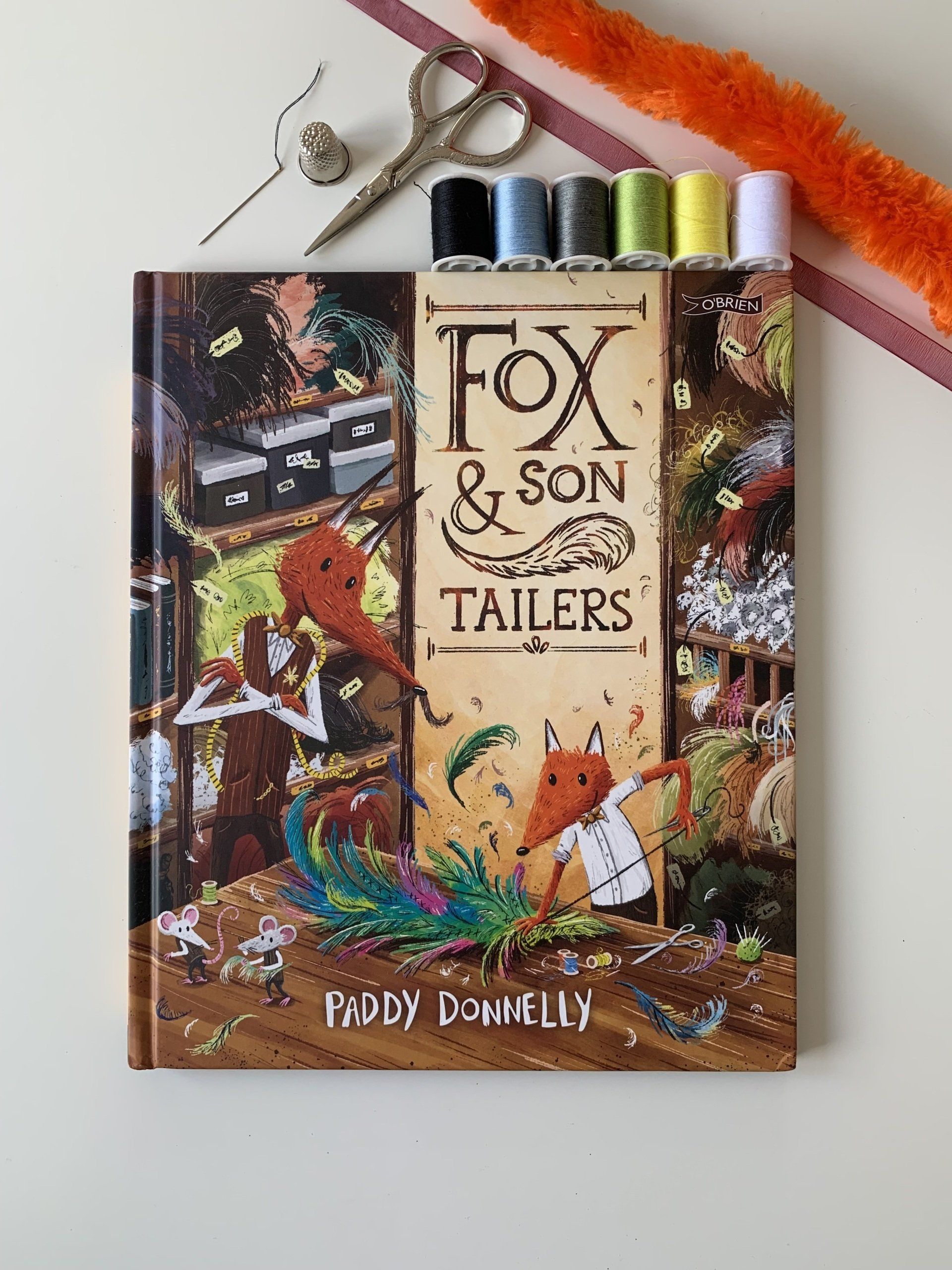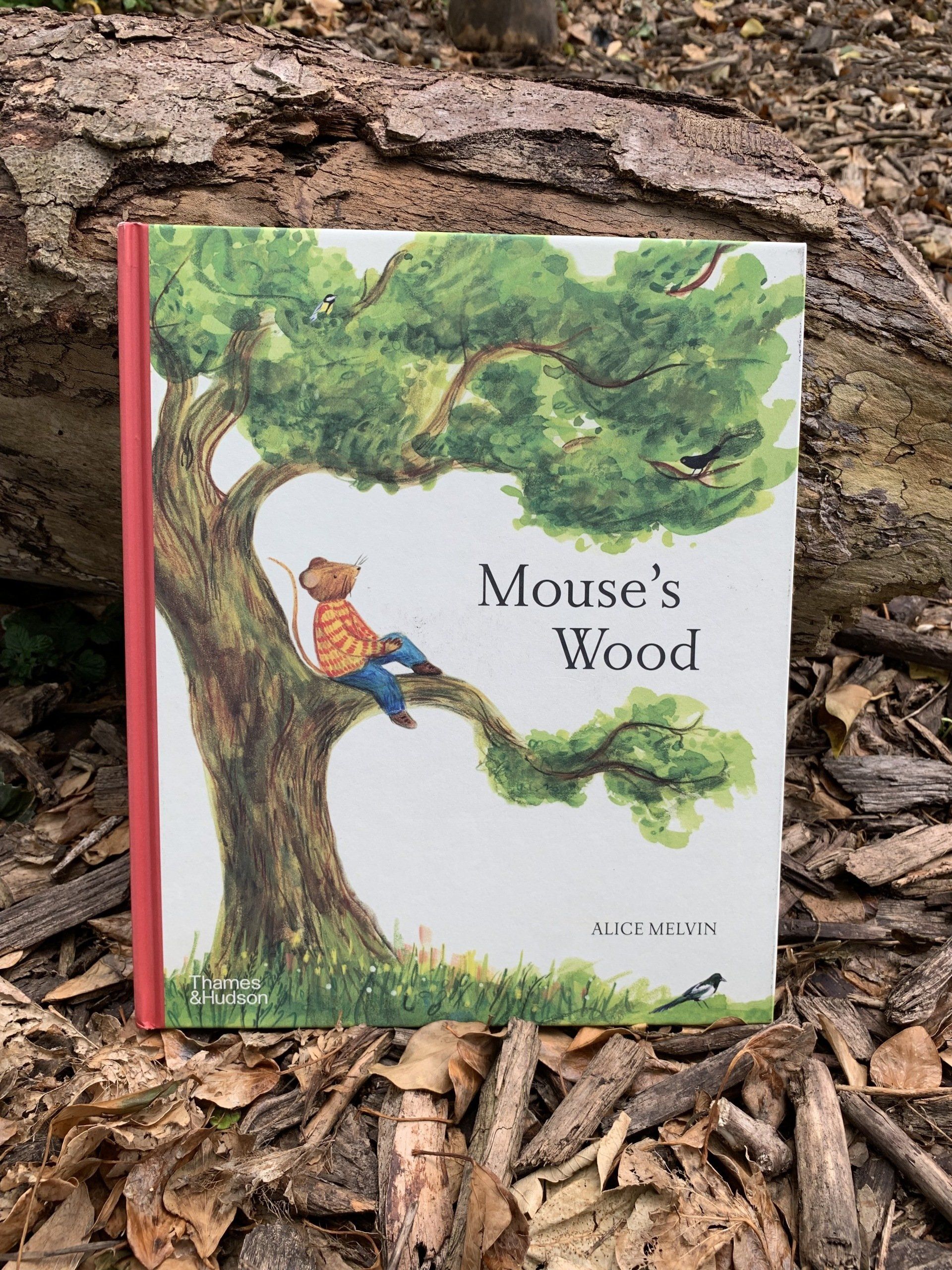BOOK REVIEW: Wonderfully Wired Brains
Author Interview with Louise Gooding

What’s the one book you absolutely had to read this year? Well for me, its Wonderfully Wired Brains, I knew I needed to get my hands on a copy. A book written by a neurodivergent and empathetic author, centred around neurodiverse readers in terms of font and layout, that gives the children who read it, a better understanding of how their brains work and explains how neurodiversity is in fact pretty normal. This book succeeds in all those requirements and more.
As a teacher and tutor, I’ve met so many children and each one is unique. Comparing achieves very little. This book celebrates our differences. We all have a brain, but we have a brain that is a one off, a special creation that belongs just to us to make us individuals. Split into four sections covering the workings of the brain, the diversity of brains, the history of studies of the brain and the life stories of neurodiverse people, this is a reassuring and empowering read. Louise Gooding carefully explains the terminology that surrounds thinking about the brain and there’s a helpful glossary. Instead of a spectrum, upon which you are placed, the author, helpfully reframes neurodiversity as being assembled from the structures of a variety of building blocks. This is a great way of thinking about how we are made. Here the inclusive illustrations by Ruth Burrows aid the reader in visualising neurodiversity in all its forms. Louise also supports readers with the language to use around neurodiversity, choosing positive words which allow people to feel accepted and included. There are features on autism, ADHD, dyspraxia, dyslexia, synesthesia, processing, bipolar and sleep disorders, anxiety and depression, OCD, epilepsy, cerebral palsy, masking and tics alongside the awesome abilities that are present alongside these diagnoses. There is also an impactful statement that really does strike a chord, ‘If you have met one person with ADHD, you have really met one person with ADHD.’
I’ve been lucky enough to be able to ask Louise a few questions about her inspiration behind the book. I feel the author’s insights show how Louise has brought together an outstanding non-fiction book that I really hope reaches the hands of children in classrooms and at home.
Did anything surprise you in the research you undertook for the book?
Lots! I had the idea of creating a neurodiverse timeline but must admit that at first I
wasn’t sure how much I was going to find. I knew that through history people had
tried to study the brain but that information seemed to be all over the place. There
wasn’t a nice neat timetable to hand and I thought it could be a fun rabbit hole to dive
into. Once you start digging about there is a lot of exciting brain and mental health
research that's been done over history and I think the fact that people seem to like the
most is that I’ve dispelled the myth that ADHD is some ‘new thing’ by going back to
1775 when German physician and philosopher Melchior Adam Weikard noted
something he called ‘lack of attention’ disorder in someone he had crossed paths
with. If physicians at this time were noting that certain people struggled to hold their
attention and would get distracted by their own imagination, was it likely to be ADHD?
It could well be the case. Of course, we will never really know if it WAS ADHD they
were referring to but it's definitely something worth considering.
Did your research dispel any myths surrounding the workings of the brain?
I hope so! As I mentioned above, being able to trace back through history to show
neurodiversity did exist already helps destroy the myth that it’s a modern thing.
I think there are still many people who are afraid of the terms ‘neurodiverse’ or
‘neurodivergent’. Getting a diagnosis for yourself or a family member/child is
daunting because there is so much misinformation out there still about what it
actually means.
When you can break down how the brain works and show people that neurodiversity
is completely normal, common and that no one brain is the same, you start being able
to break down some of the anxiety of ‘being different’, because…. we are ALL
different.
There has been a lot of talk, especially in the media, that more and more people seem
to be getting diagnosed as neurodivergent. Their choice in wording does end up
causing a lot of stigma, but what the book does is show that this is all down to the
fact we just have more knowledge and understanding about what neurodiversity is,
and how uniquely wired our brains are. We didn’t have as many diagnoses in the past
because we didn't have the technology or psychological understanding that we have
now, and that can only be a good thing surely.
I love the dyslexia friendly font that’s been used, was this something you asked for from the
design team?
When I first spoke with the team at DK before they took on Wonderfully Wired Brains I
asked if they would consider bearing in mind as many neurodiverse readers as
possible with this book in terms of font and colour. I needn’t have asked, they had
already been thinking of ways they could do this and this was such lovely news.
While dyslexic friendly fonts may not work for all dyslexic persons, we wanted to
make sure that this book was accessible to as many readers as we could.
Creating the perfect book format that suits all readers is sadly not possible (we are all
wired differently after all!) but the design team, Ruth Burrows (the illustrator) and I
have tried to make it engaging and as neurodivergent friendly as possible.
I’m so proud of how thoughtful the team at DK have been in making this book as
accessible as they could, including making it available to download on Kindle which
also offers many different tools which may help in terms of accessibility too.
What advice might you give to children who are neurodivergent?
Keep being true to who you are. It’s incredibly easy for us neurodivergent folk to slip
into the behaviours of others or to mask our own so as to fit it with ‘the crowd’. But
ultimately it is exhausting isn't it? If you can find spaces that you feel safe, accepted
and free to be yourself that is wonderful. I can not tell you where these places are, for
some of you it may be in a local theatre group, some in the library, some online
playing roadblocks, each of us will have our own understanding of where we feel safe
and included and I hope that you have found yours or find yours soon. Being you is
the best thing you can be.
Wonderfully Wired Brains by Louise Gooding is published by DK, £12.99. Out Now.
@ruthburrowsillustration @OnceUponaLouise @DKbooks





